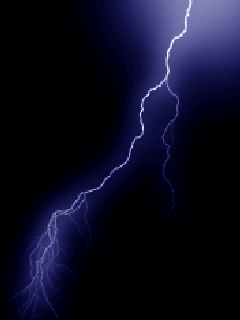From today, buyers of new 'zero-carbon' homes no longer have to pay stamp duty.
The change, announced in the 2006 Pre-Budget Report, means that buyers of a home certified as carbon-neutral will pay no stamp duty, up to a maximum relief of £15,000 on a £500,000 property.
HM Revenue and Customs (HMRC) says that the purpose of the measures is to "kick start the market for zero-carbon homes, encourage microgeneration technologies, and raise public awareness of the benefits of living in zero-carbon homes".
The new relief will be valid until 2012, and only applies to buyers of new properties.
The building industry, which was recently criticised for failing to deliver more green homes, has reacted coolly to the measures. A spokesperson for the Home Builders Federation told BBC News that he "could not think of a single development right now that would qualify for the relief".
full article'Zero carbon' not yet defined
The government says the regulation is designed to "help kick start the market for zero-carbon homes, encourage microgeneration technologies, and raise public awareness of the benefits of living in zero-carbon homes".
It hopes that by 2016 all new homes will be built to zero carbon standard.
The move is part of the government's drive to cut back the UK's generation of greenhouse gases, which cause climate change.
However, the Treasury has yet to provide an exact definition of what actually makes a zero carbon home.
In a Budget "impact assessment" published in March, the Treasury said that a "zero-carbon home is one that does not consume fossil fuels for heat and power".
"It is highly insulated and uses renewable energy to power its needs over a year through micro generation.
"Heat and power technologies include ground source heat pumps, photovoltaic cells, solar water heaters and wind turbines."
"It will draw from the grid when the microgeneration [e.g. solar panels] is insufficient but could sell excess generation back to the grid."
The Treasury says it will have agreed a more detailed definition by the end of November.
House builders hope for a flexible definition of the term "zero carbon".
full article


